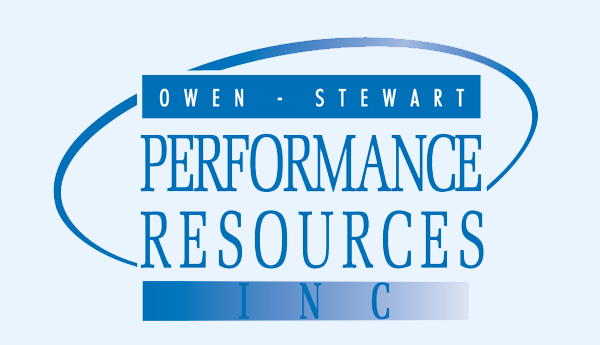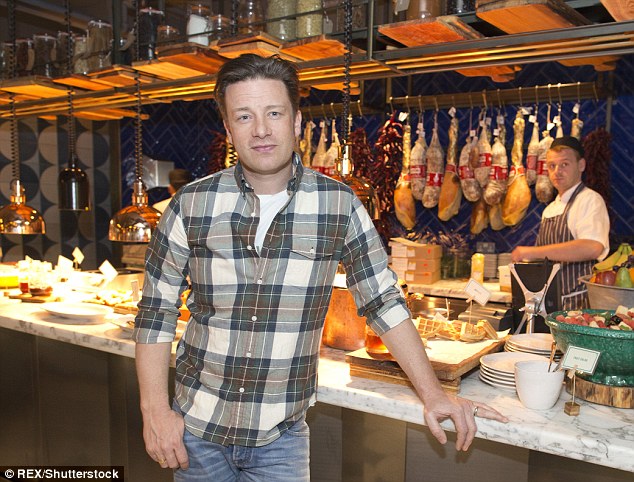Jamie’s Kitchen: Fifteen Lessons on Teamwork
- DVD or USB
- Leader's Guide
- Self-Study Workbook
- PowerPoint Slides
- Forming – Get it straight
- Storming – Get on board
- Norming – Get stuck in
- Performing – Get better
$995.00
“For me tonight was a very powerful night really. Because there was no one to catch them, they concentrated so hard. I think today they came together really well as a team.” (Jamie Oliver)
Jamie Oliver’s passion and vision transformed a bunch of unemployed kids into an efficient, organized team, capable of running a first-class London restaurant, Fifteen.
Fifteen Lessons on Teamwork identifies the key stages of team development – forming, storming, norming and performing. It follows Jamie’s young trainee chefs as they move through these stages to come together as an effective unit.
The program identifies four easy-to-remember learning points so your team can apply the trainees’ experiences to improve their own team skills:
Get it straight – This corresponds to the team development stage known as forming, when the team members are put together for the first time. The goals and expectations of the team have to be clearly established. Individual team members ask themselves what they each bring to the team.
Get on board – The team is now at the storming stage. Individual strengths and weaknesses start to emerge as team members work out how to support each other. Individual wants and needs have to take second place to what the team needs.
Get stuck in – The team now moves into the norming stage, where ground rules are established. The team has to work out how to resolve conflict and solve problems, as well as dealing with practicalities such as how tasks are shared. It’s a time to make sure everyone is committed to the team’s goals.
Get better – This learning point corresponds to the performing stage, when the group is functioning as a true team. The question for the team now is: Are we learning all the time, not just from the good things but also from our mistakes? The team must also keep striving to achieve more, both individually and together.
This program provides real life examples of classic team development in action with an energetic style that will keep the audience engaged. It is truly motivational for all teams and encourages continual development.


